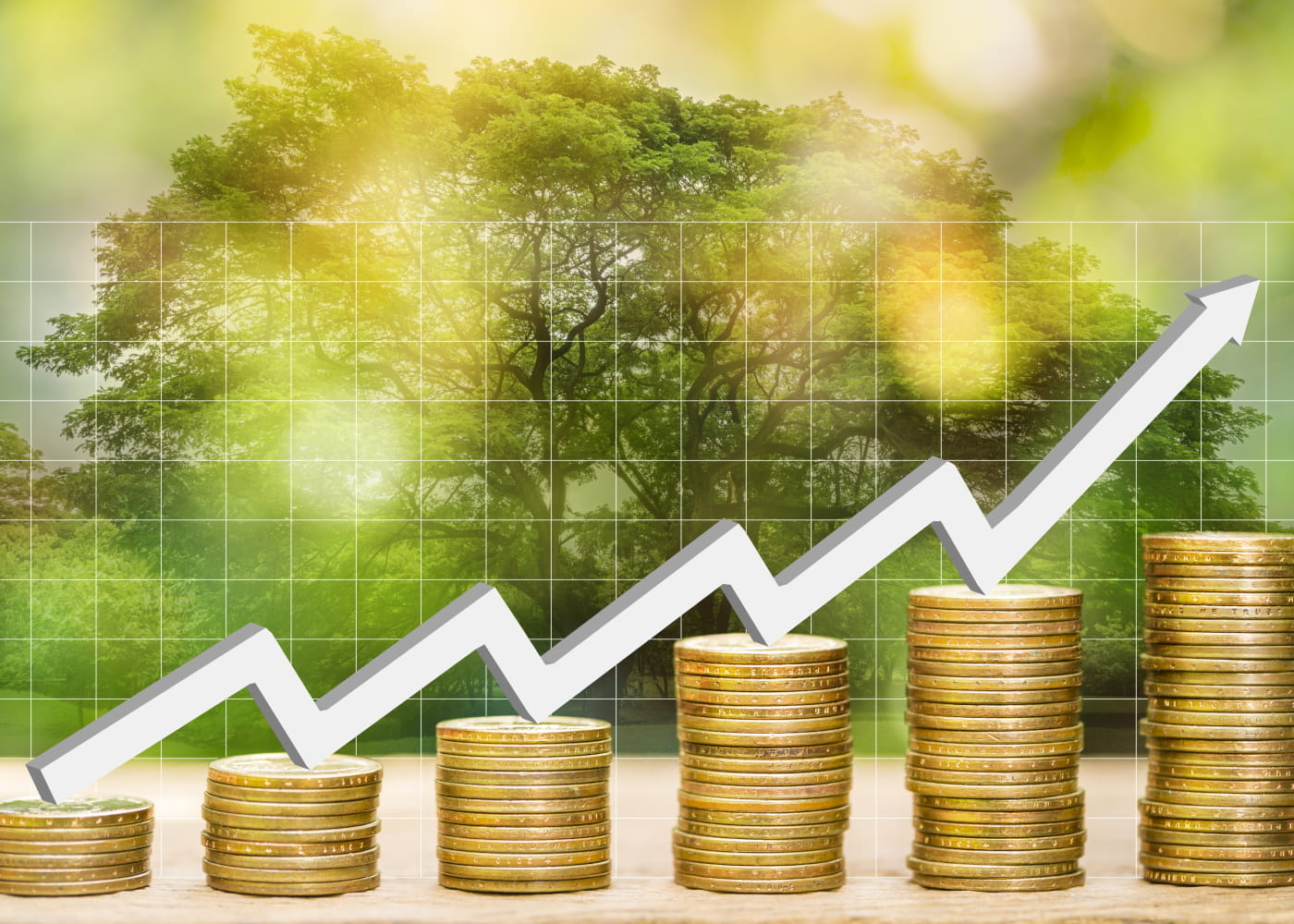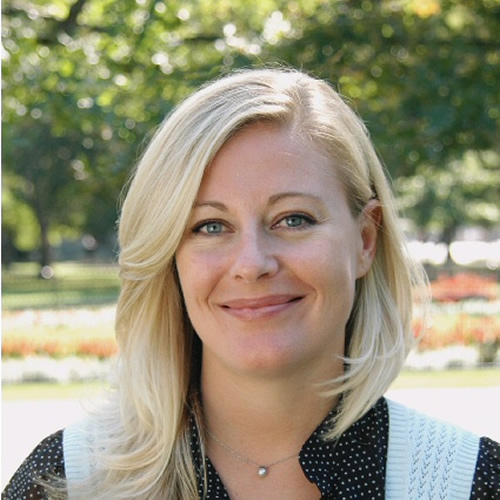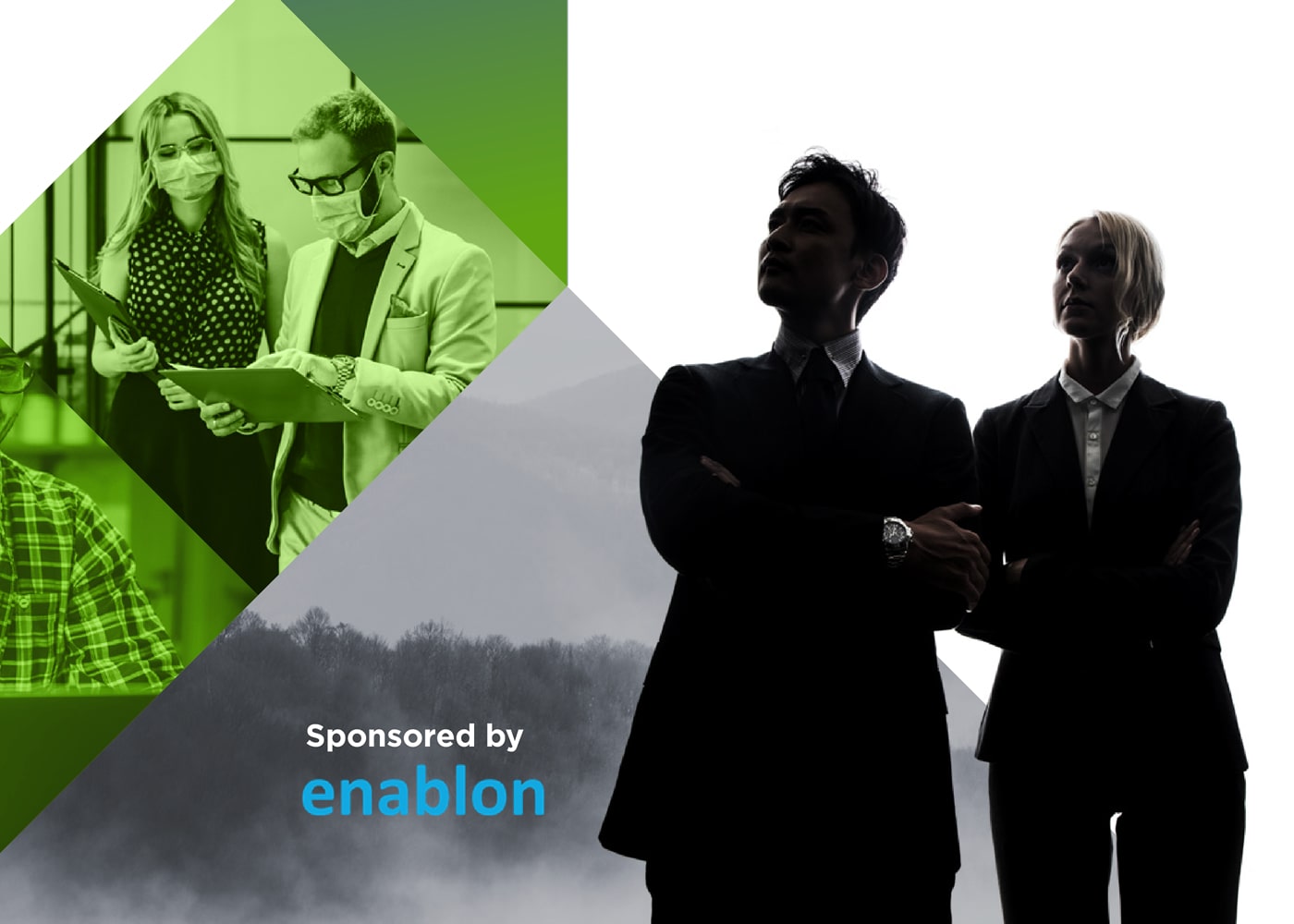Andrew Winston: Gigatrends Shaping the Future

1. What are “gigatrends”? Can you give us a sneak peek of a couple you’ll be talking about at the NAEM Forum later this month?
I’m using the word “gigatrends” to mean the largest of the forces changing the world and business. These are things that operate on the scale of billions (thus ‘giga’): billions of tons of carbon we need to cut from the atmosphere, inequality affecting billions of people and billions needing help out of poverty, and the clean economy growing in scale to many billions in investment.2. Has the pandemic eclipsed some of these gigatrends in terms of what leaders have to be focused on right now? What’s your advice for putting gigatrends and the COVID-19 pandemic in relational perspective?
Yes and no. We’re all focused on the pandemic for logical reasons. But if the pandemic can teach us anything, it’s that everything is connected, and we’re all connected. For example, our use of the natural world and cutting down forests — a major source of carbon emissions — has greatly increased the likelihood of zoonotic diseases like COVID-19. As we bang up against the planetary boundaries, we come in contact with other species more. Poverty drives people to eat bush meat as well. The connections run both ways — the pandemic has exposed massive inequality in health and outcomes with people of color 2 to 3 times more likely to get sick or die in the U.S.So, our biggest trends are feeding each other. The bad news is that they can spiral out of control. The good news is that tackling one issue, if we work together on systems, works on many issues at once. Improve the livelihoods of farmers so they don’t need to cut down forests in Indonesia and Brazil, and you improve health and reduce emissions.
3. As the scale of COVID-19’s impact was beginning to come to light in March, you wrote about how COVID-19, like climate change, is a black swan event. What does this mean and how can Environment, Health, Safety, and Sustainability leaders prepare for black swan events?
It’s interesting. I got pushback from some readers about calling it a black swan. Technically, that phrase means something large that you didn’t know was possible or couldn’t foresee. And there were plans for handling a pandemic. It was something many knew could happen. So some call this a grey rhino. But at any rate, the only real path to preparing is to make the business as resilient as possible. That overlaps heavily with making it more sustainable. One area in particular to look at — and I’ll talk about this at the event — is the supply chain. We’ve built them for efficiency, not resilience. That means centralized production at the lowest cost, not diversity in sources or duplication. We need to rethink that.4. In The Big Pivot, you wrote about the importance of adapting business strategy to mega-trends like climate change, resource pressures, radical transparency, and shifting demands from younger generations. Do you feel recent events will accelerate the shift to make The Big Pivot? How so?
As above, all of these pressures are building on each other. We have seen a continuing growth of commitment from business to do more. During climate week this year in September, announcements from companies were impressive. When Walmart is talking about ‘regenerative agriculture’, you know something is changing. All of the trends themselves are accelerating. Climate is getting away from us, we’re damaging natural resources that support our existence, and the level of transparency is only rising. So the reasons to make a big pivot are growing clearer every day. We don’t have much choice.5. We know you are hard at work on a book right now; want to share any insights that might put our attendees and their companies ahead of the curve? Or any information that seems pertinent to respond to today’s EHS&S challenges?
I am in the final weeks of writing the first draft of a book I’m co-authoring with Paul Polman, formerly CEO of Unilever. The working title is Net Positive: How Courageous Companies Thrive by Giving More than They Take. The background logic is that if we don’t create businesses that are fundamentally improving the world — both the environment and the well-being of everyone — we are going to have a very tough time as a species. It’s hard to summarize quickly our insights, but I can say the book will show how to build a long-term, multi-stakeholder business. Some of the themes are around taking responsibility for the full value chain and all impacts of a company, working in deep collaborations based on trust to solve systems problems, and being courageous in the goals you set and the issues you take on. The larger systems view is critical. No single company can solve our big challenges alone, but they can work with peers, NGOs, and governments to change the system. In EHS&S, I’d say companies should be thinking about the hurdles to making the business clean, safe, and regenerative. And when those hurdles are systemic — like, say, no access to renewables in some geographic regions, or no robust end-of-life solutions for plastics — find the partners to do something about it.Related
Sponsored Content
About the Author

Virginia Hoekenga
NAEM
Responsible for developing NAEM's educational programing, Virginia works closely with NAEM members to develop the annual EHS & Sustainability Management Forum, the largest gathering of EHS&S decision-makers. To get involved with the Forum, contact
her at [virginia at naem dot org].





